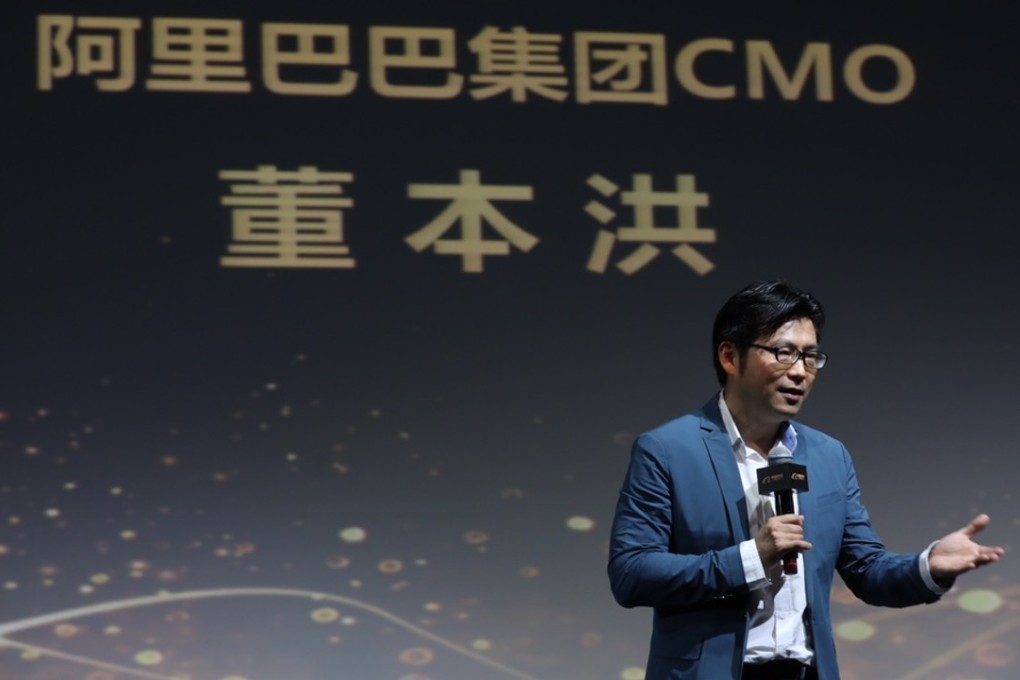Alibaba counts on Olympics to prove its cloud capabilities
Aura of Olympics sponsorship has already given Chinese e-commerce giant a boost in global cloud market one year after it signed agreement with IOC

When it comes to demonstrating cloud-based applications for large-scale events, the Olympics probably ranks high up for the degree of complexity, with the summer games hosting more than 10,000 athletes from 200 countries, watched by five million spectators over two weeks.
At this week’s 2018 Winter Games in Pyeongchang, South Korea, the International Olympic Committee (IOC) has dipped its toe into cloud computing with the ultimate goal of saving money and increasing efficiency, with greater use of the technology expected at the Tokyo summer games in 2020 and Beijing winter games in 2022.
Cloud computing, including artificial intelligence and big data, will help the IOC analyse and share data for future games management, including monitoring the influx of personnel and athletes, optimising public transport and route planning, and real-time sports scheduling.
Alibaba Group Holding, China’s largest online shopping service provider and owner of the South China Morning Post, is an official Olympics sponsor, providing cloud and e-commerce platform services to games through to 2028.
“The Olympics’ most important and confidential data on athletes and the games will be stored on Alibaba cloud,” Chris Tung, Alibaba’s chief marketing officer, said in an interview in Pyeongchang.
Due to the many years of advance planning that go into organising the games, Alibaba Cloud’s role at Pyeongchang is very limited and the company will only participate in some projects for the 2020 summer games in Tokyo, according to Tung. However, it will play a major role for the winter games in Beijing in 2022, he said.